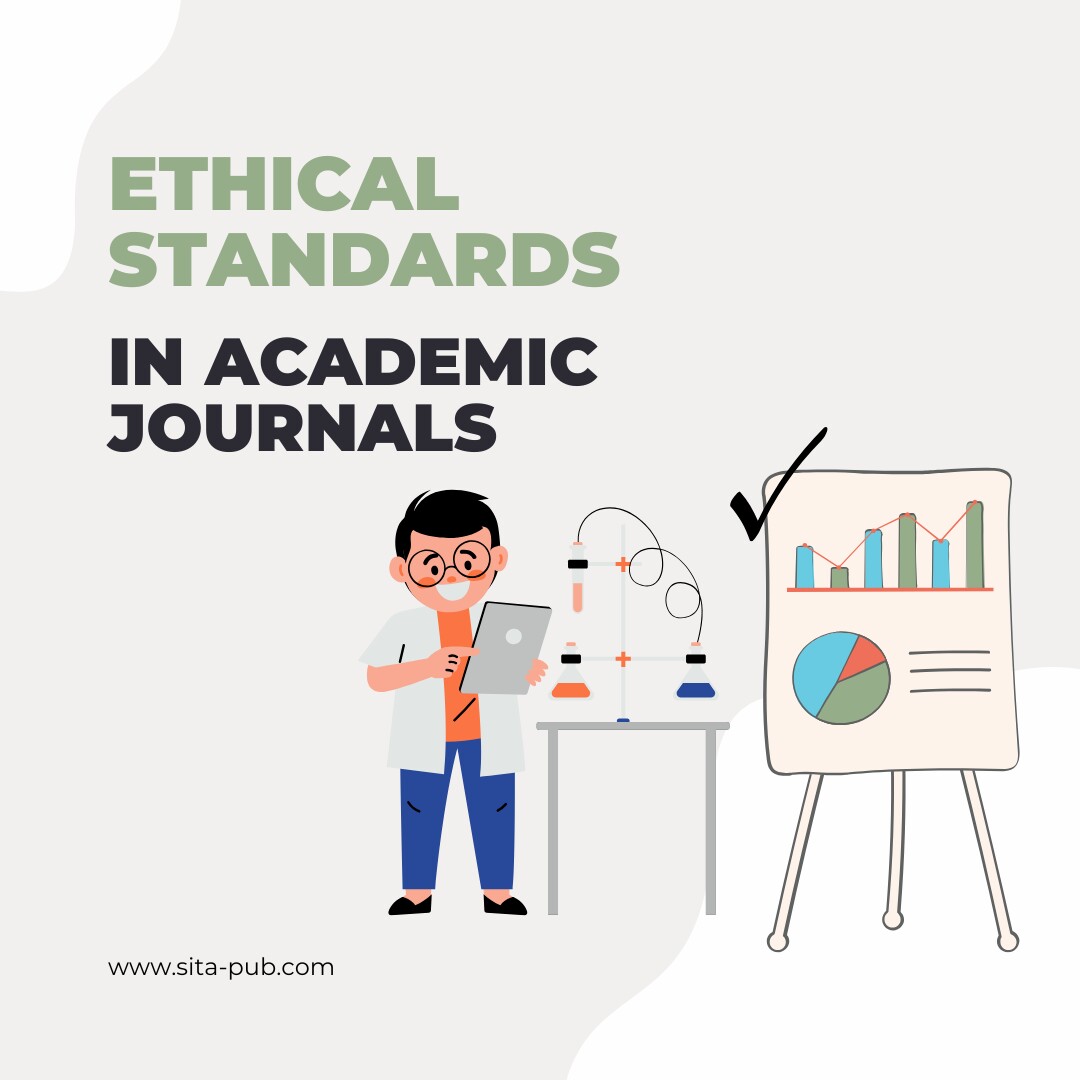Ethical Standards in Academic Journals


Have you ever thought about why ethical standards are important in academic journals? These guidelines help ensure that research is done honestly and keep the trust of the academic community. They protect both researchers and readers, creating a strong foundation for trustworthy and credible scholarship. In this article, we’ll look at the main ethical standards in academic publishing and why they matter to researchers, editors, and readers.
Ethical standards in academic publishing are important for several reasons:
Trustworthiness: Following ethical guidelines helps people trust published research. Readers count on the credibility of academic journals, and these practices improve that trust.
Research Integrity: Scholarly publication ethics make sure that research is done responsibly. This helps prevent bad practices like data manipulation and plagiarism. Being honest in research is essential for gaining knowledge.
Accountability: Ethical standards make researchers and journals responsible for their work. When everyone follows these guidelines, it creates a fair and open system.
It’s essential to know who should be listed as an author on a paper. Only those who have made significant contributions to the research should be authors. Each author should agree to be included and take responsibility for what is written. It's also important to give credit to everyone who helped, including funding sources.
Plagiarism is a serious issue in academia. It means using someone else's ideas or work without giving them credit. To avoid this, authors must properly cite all their sources. Many journals use plagiarism detection tools to check if a paper is original.
Researchers must follow ethical rules when doing studies, especially with human or animal subjects. This includes getting permission from participants, keeping their information confidential, and minimizing any harm. Institutional review boards (IRBs) often check that research meets these ethical guidelines.
It’s crucial to report data accurately. Researchers should present their findings truthfully, without manipulating or hiding information to get a specific result. Misreporting data can lead to serious consequences, including the retraction of research papers.
Authors need to share any potential conflicts of interest that could affect their research. This means being open about any financial ties, personal relationships, or affiliations that might influence their work. Being transparent about these issues is vital for maintaining trust with readers.
The peer review process is a vital part of academic publishing. It involves experts reviewing a paper before it is published. Reviewers should provide helpful feedback and keep the manuscript's content private. Authors should be willing to listen to feedback and make changes based on what reviewers say.
If mistakes are found in published research, it’s the authors' job to report them right away. Journals have procedures for dealing with retractions and corrections, and communicating quickly is essential for addressing any issues.
Understanding and following publication ethics guidelines in academic journals is essential for keeping research trustworthy. By sticking to these principles—such as correct authorship, preventing plagiarism, ensuring data integrity, and being open about conflicts of interest—researchers help create a culture of honesty and accountability. Following these ethical standards not only benefits the authors but also improves the quality of research available to everyone.
If you have any questions, inquiries, or would like to learn more about our services, please don't hesitate to reach out to us. Our dedicated team is ready to assist you.